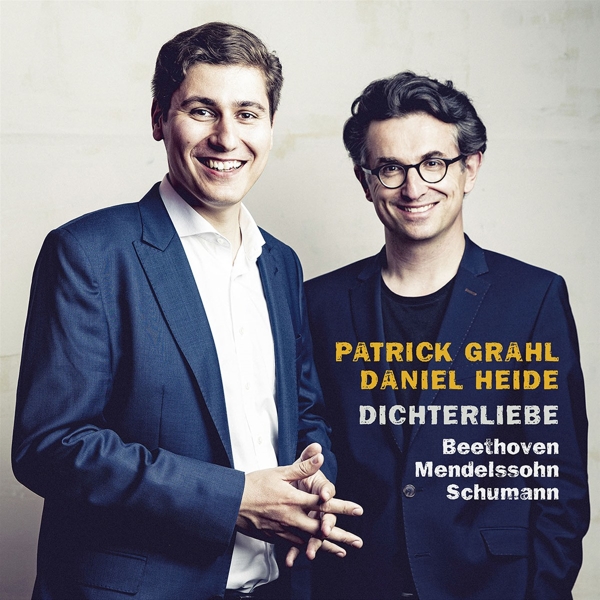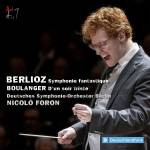Accessories |
My Account
|
Log In
|
English |
€ Euro |
Advanced Search
|
All Categories
BEST SELLER
500
NEW RELEASES
7.006
SPECIALS
214.275
Your search:
No selection
Filter results:
TECHNICS
244.734
GAMES/SOFTWARE
24.616
MUSIC
712.902
Christian Music
737
- Asia Pop
9.530
- Austro Pop
207
- Brit Pop
239
- Dutch Pop
1
- Euro Pop
36
- French Pop
556
- Indie Pop/Lo Fi
22
- Italo Pop
283
- Latin Pop
6.930
- MiddleoftheRoad
2.498
- Oldies
63
- Other Pop
233.521
- Party
32
- Synthi Pop
310
- The 60s
256
|
Music Movie Audiobooks Merchandise Children's |





















